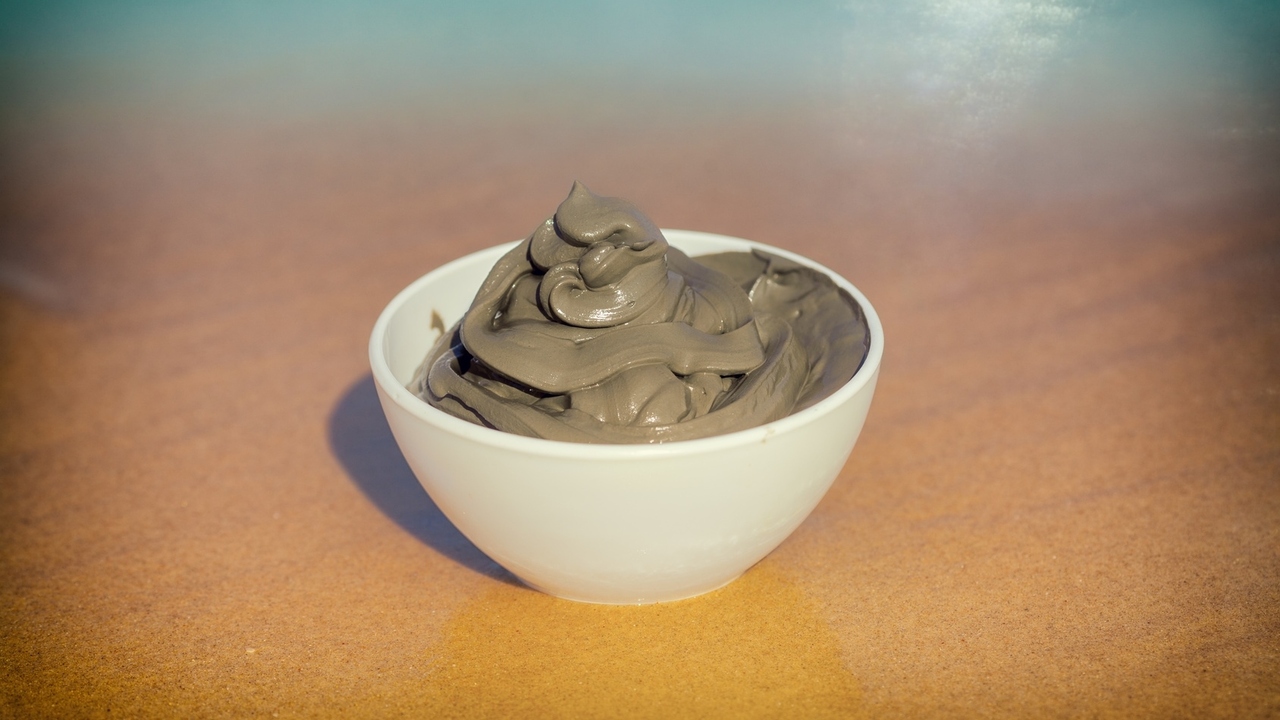I am 7 weeks post surgical subtotal colonectomy caused from abscess & perforartion from diverticulitis. For the most part I did well I think, 8 days in hospital because bowels wouldnt wake up. Diarrhea was the norm for me before surgery, now I seem to have hard infrequent stools and I am bloated & crampy. I have been on 1 Tblspn Metamucil daily since about wk 4 post surgery. I rarely pass gas, & am bloated like about 6 mths pregnant. No appetite. Surgeons MA ordered 1 Tblsp Mirolax added to fiber which I've taken two days now. Had very small softer bm this morning, disappointing. Should I be worried? I had to go back to work this week which is a physical job & this week has been difficult. My surgeon is 300 miles away. can I take an enema or laxative like ducalax? Any info would be helpful, thanks. Karen
All user-generated information on this site is the opinion of its author only and is not a substitute for medical advice or treatment for any medical conditions. Members and guests are responsible for their own posts and the potential consequences of those posts detailed in our Terms of Service.





Add a Comment2 Comments
Hi i just like to know how to rid of bloating I'm get ing marry next week
July 14, 2017 - 11:21amThis Comment
Hello and thank you for sharing your question.
Your digestive system is very sensitive from the surgery, so regulating your diet is the most important thing you can do at this point.
Since your bowels are infrequent and you have bloating and cramping, I suggest that you vigilantly stick to a light diet of homemade soups, and low sugar liquids. This is the best thing to do after this type of surgery.
Taking the fiber medication can actually make the cramping and bloating worse because it is too heavy for your digestive system to process at this point. Avoid high fiber foods as well such as wheat bran, cereals, bread and oatmeal.
These are a list of things to avoid during recovery:
To avoid further digestive issues after recovery, you should try to eat fruits, vegetables and whole grains as 60-70% of your daily intake. Then on occasion add low fat meats, and some dairy. All digestive problems start with a poor diet. If you can maintain a health diet, you will have a healthy gut.
Faith
April 25, 2015 - 7:42amThis Comment